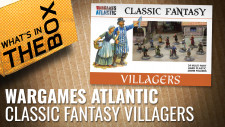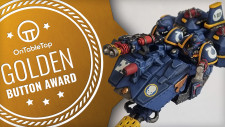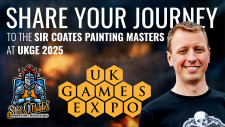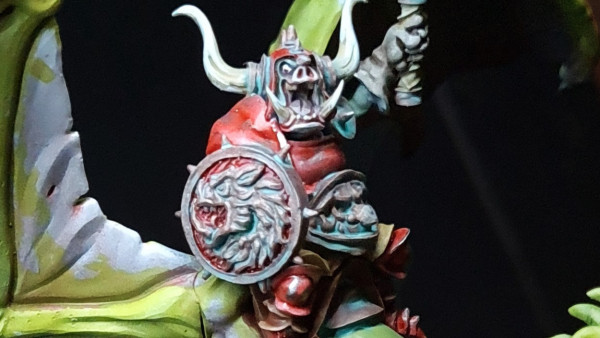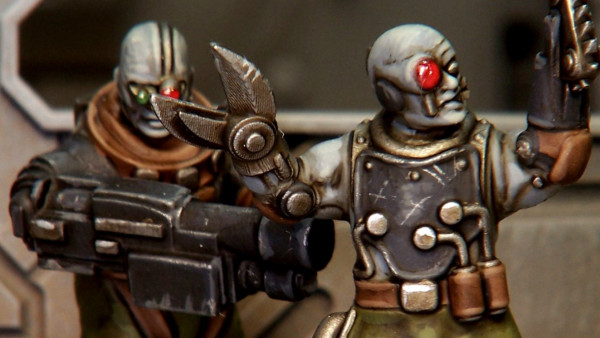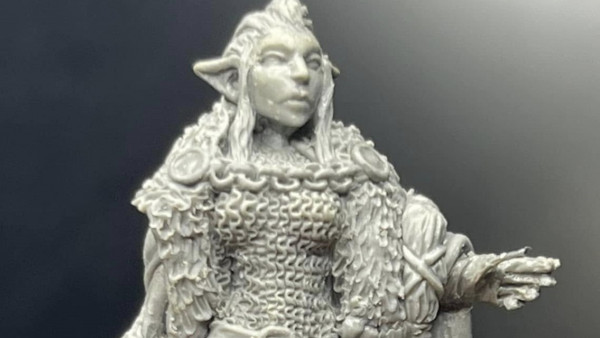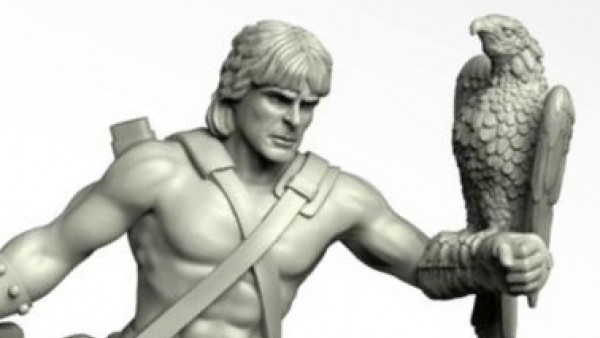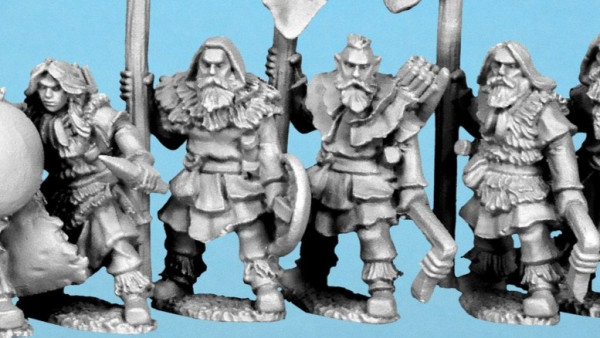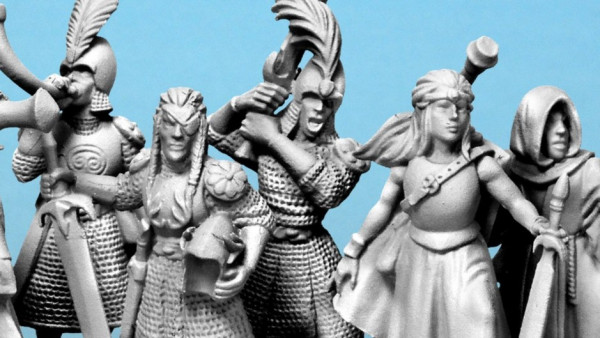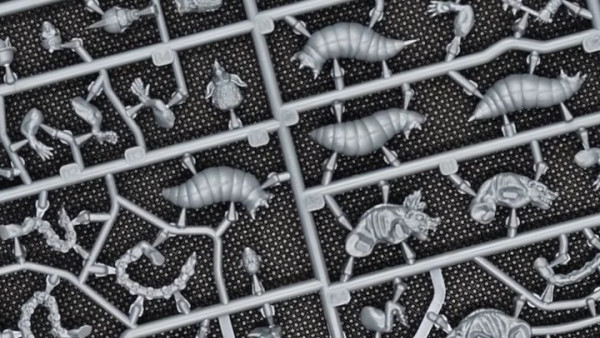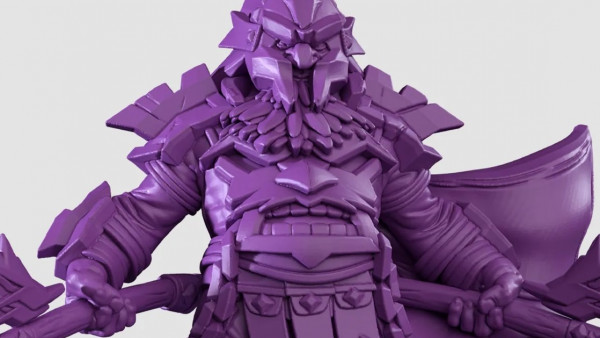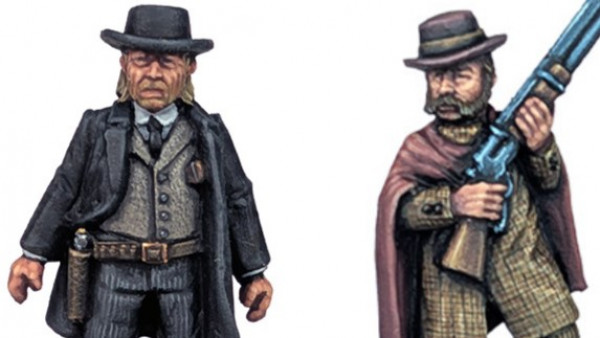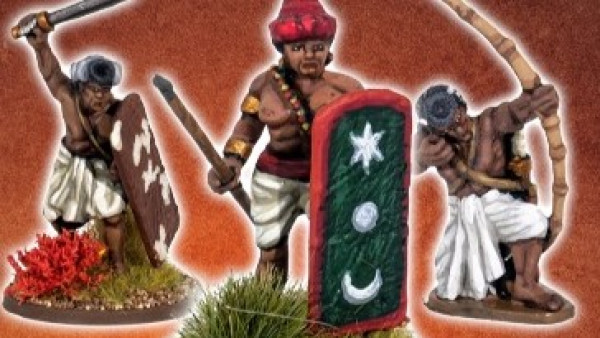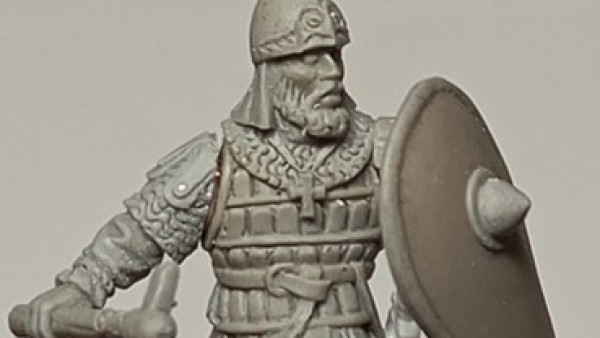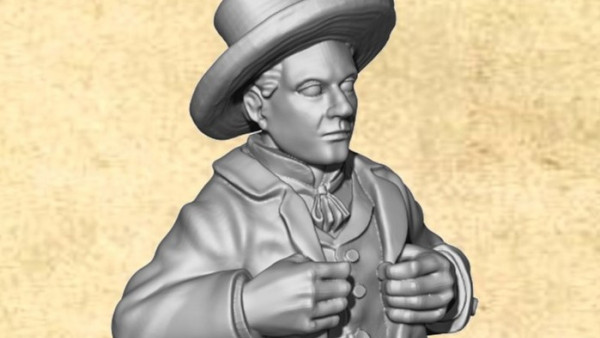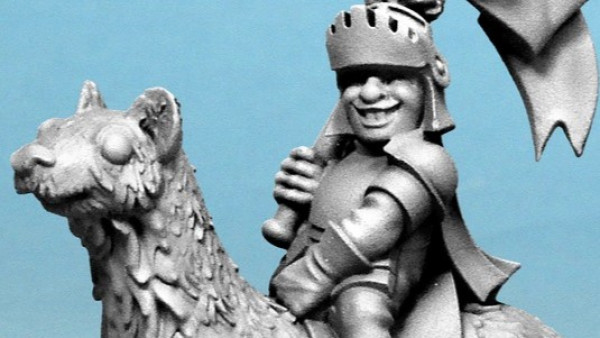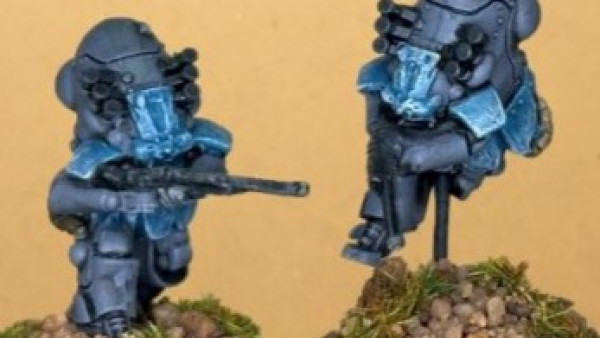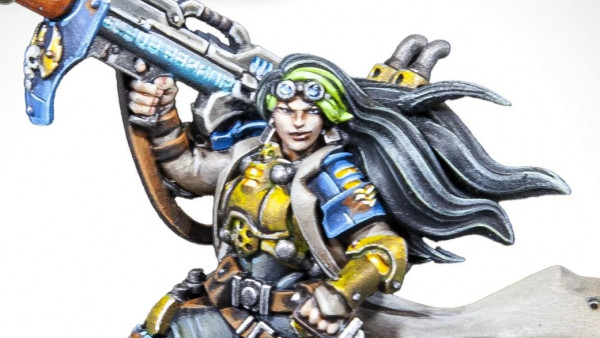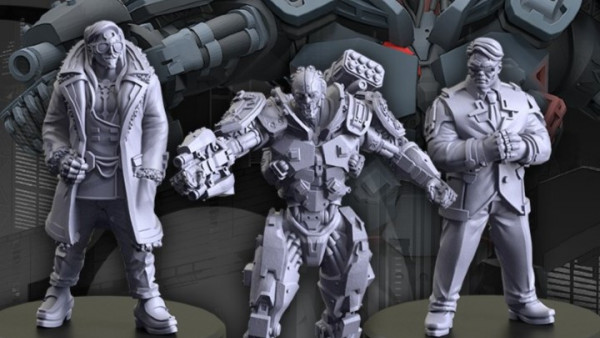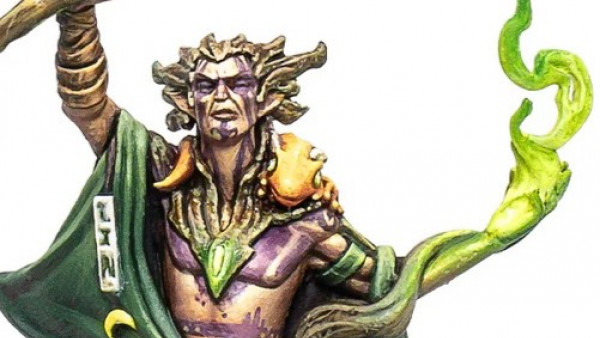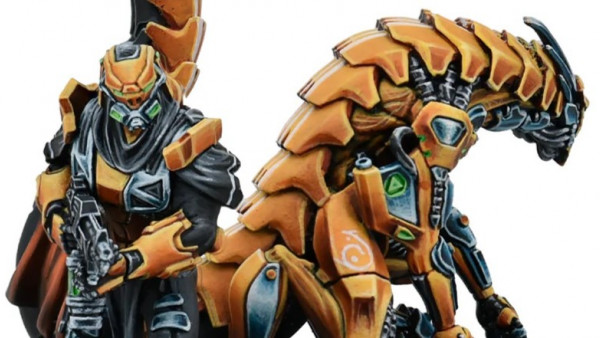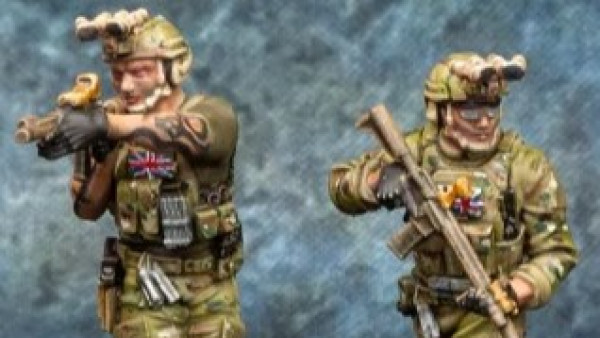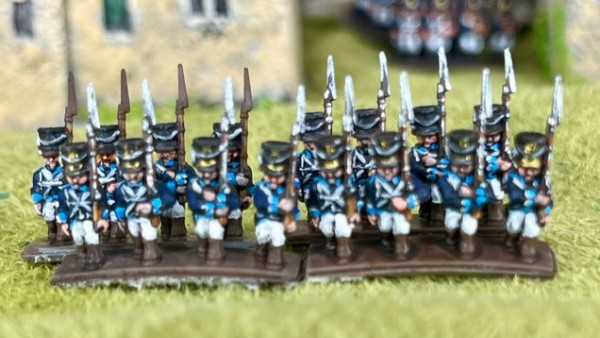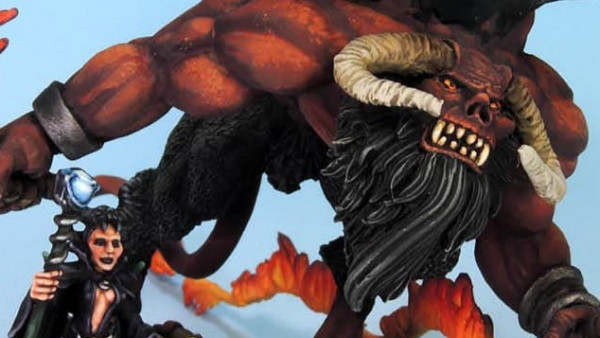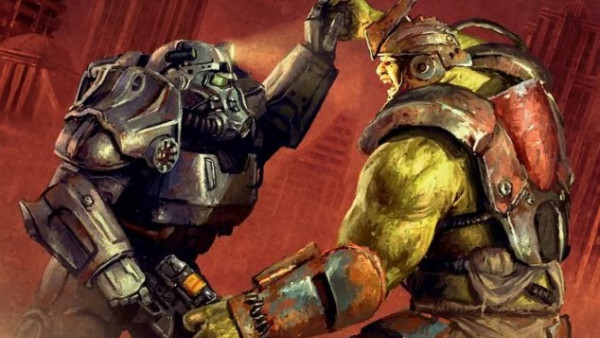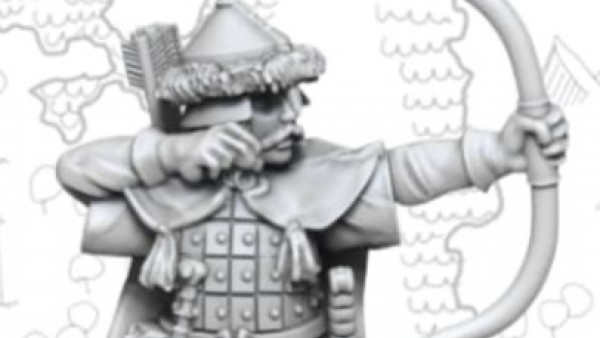Home › Forums › Historical Tabletop Game Discussions › Bendooragh near Coleraine – first ‘Highland Charge’?
Related Games:
Related Companies:
Tagged: Bendooragh, Coleraine, highland charge, MacColla
This topic contains 6 replies, has 4 voices, and was last updated by ![]() fogh 1 year, 2 months ago.
fogh 1 year, 2 months ago.
-
AuthorPosts
-
December 11, 2023 at 7:04 pm #1852878
I’ve recently been re-reading accounts of Alasdair ‘MacColla’ MacDonald and his part in the War of the Three Kingdoms (ECW). I can remember reading before about his very first action in which his troops performed a ‘highland charge’ with a volley of musket fire at close range, followed by a rapid charge in to melee with sword and targe. This is sometimes mentioned as the first recorded highland charge.
When I’m reading historical accounts the place names often don’t mean much and I don’t do much further research unless I want to find out terrain details. Imagine the surprise when I popped the location of MacColla’s action on 11th February 1642, Bendooragh, in to Google Maps and found out it is 8 miles from Coleraine! In fact the action at Bendooragh was an ambush by MacColla on the garrison coming out of Coleraine itself. Coleraine really is the centre of NW Europe!
So, two questions. First do any of the Colerainers know more about the action (known as Black Friday apparently?), and secondly when can we expect an ‘on location’ report of the battle!?
December 13, 2023 at 11:26 am #1853377I suspect that the first highland charge may have happened when the Romans tried to push into Caledonia.
Also, the fighting style of Charles XII’s Karoliner sounds a lot like a highland charge…..
December 15, 2023 at 9:22 am #1853600Hi Wolfie, ? you may be right about the Caledonians, but perhaps not far North enough, and not the sort of charge I was thinking of!
The approach of marching to close range, firing a salvee with all ranks, and then falling on with cold steel, could well have come to the British Isles via veterans returning after fighting with Gustav Adolph who seems to have formalised the approach in his army in the 1620s. It also makes a lot of logical sense when you have less powder than your enemy and need to rely on a quick result.
I don’t know much about the later Swedish Charles, but their aggressive volley and charge tactic must surely stretch back to their illustrious ancestor Gustav Adolph?
December 15, 2023 at 10:39 am #1853611Reading about the Karoliner, it sounds a lot like they fought like Vikings – only with guns…..
I haven’t done a really deep dive into the Jacobites, but I’ve seen a few documentaries and have a couple of books, but I’m still not entirely clear on why the charge at Culloden ever happened.
Running tired, hungry men armed with swords and shields up a muddy hill into the very teeth of artillery sounds like an excellent way of getting many of your men killed for nothing. Whoever ordered that assault should have been shot for treason (or sheer stupidity), preferably before the assault ever happened….
December 17, 2023 at 11:02 am #1853798December 19, 2023 at 7:26 pm #1854106The battle of Culloden was fought because it had to be fought. If it hadn’t been fought the only other option would have been to disperse the army and for Charles to return to France. He may never have gotten another chance and so he really had nothing to lose.
Prior to the battle, they stood an almost even chance (on paper at least) of defeating the government forces. The aborted night attack the evening prior could be seen as a mistake but there were key moments in the battle where it turned and were it not for those moments the battle could have gone very differently. For example the Highland Charge that successfully made contact and initiated hand to hand combat, which the Highlanders would have been supremely confident of winning, was defeated by the British Grenadiers, some of the army’s best soldiers in a regiment, who had been given new bayonet drills designed to specifically counter the broadsword and targe of the highlanders. This may well have been the final example of a Highland charge (by native Highlanders at least, I don’t know if anyone else was emulating that tactic).
December 20, 2023 at 9:06 am #1854146@warzan a bit of a poke around would be great. Accounts of the battle are a little thin on the ground. From what I can gather, the garrison from Coleraine were out looking for supplies when they were lured in to an ambush in, or near, a bog. MacColla’s men fired a salvee from their muskets, dropped their muskets, drew their swords, and ‘fell-on’ to the garrison troops. A combination of: surprise, the effect of the salvee, the bog, and getting soundly charged were enough to defeat the garrison troops. The garrison commander, Archibald Stewart, and some of his cavalry escaped and made it back to town.
-
AuthorPosts
You must be logged in to reply to this topic.





























